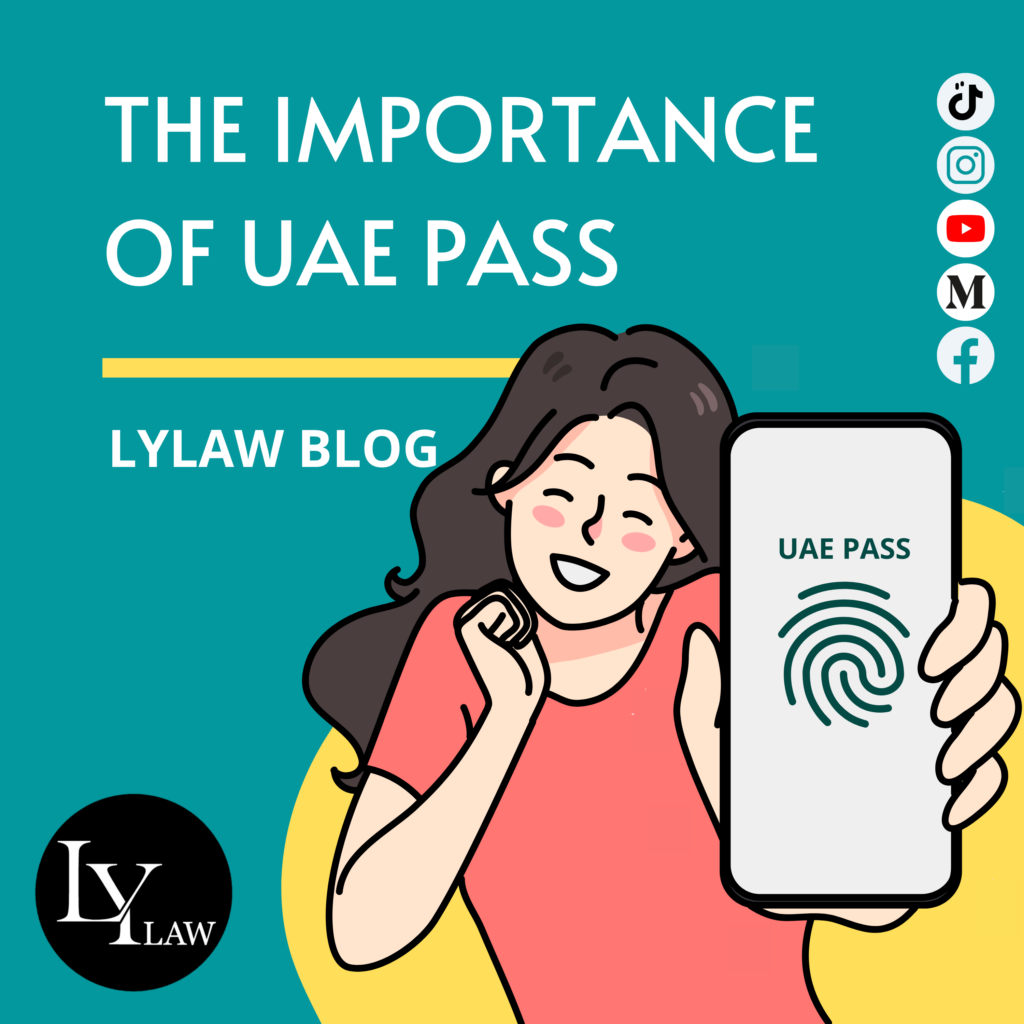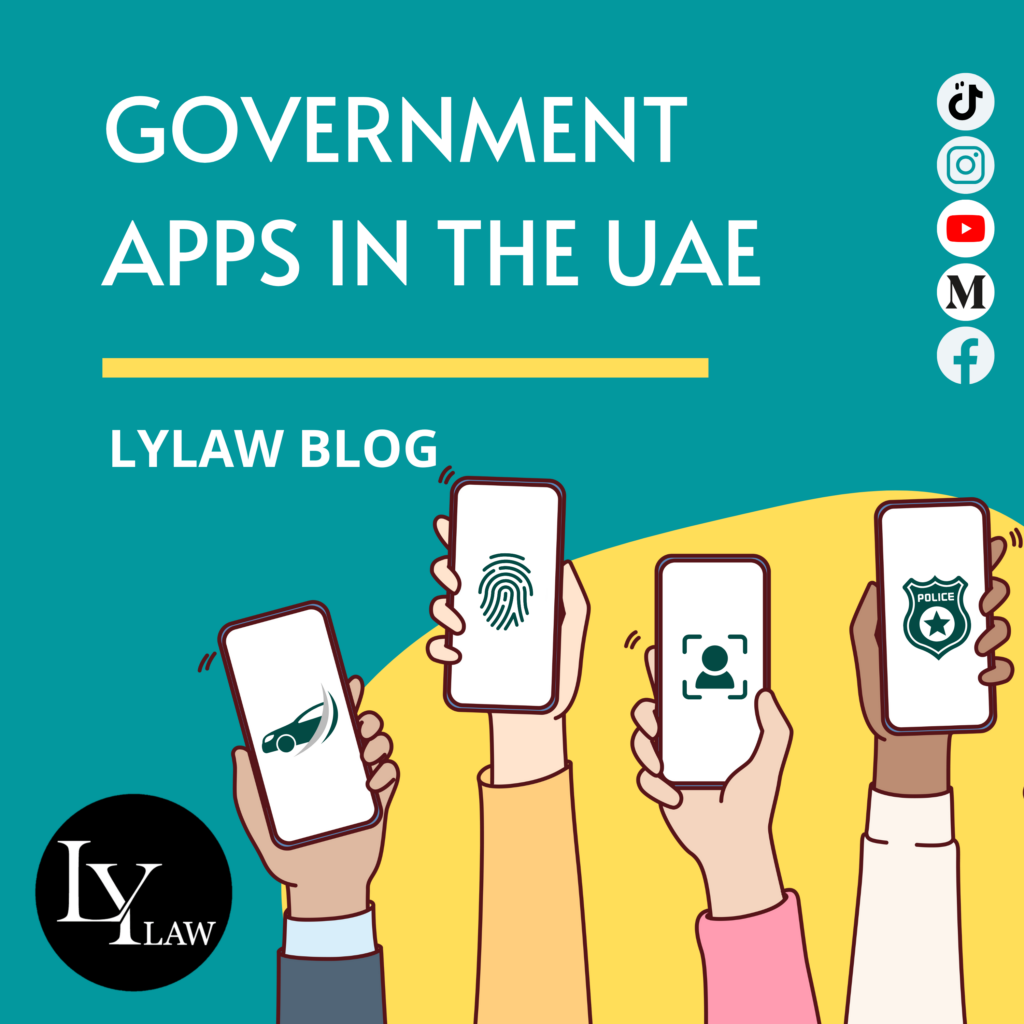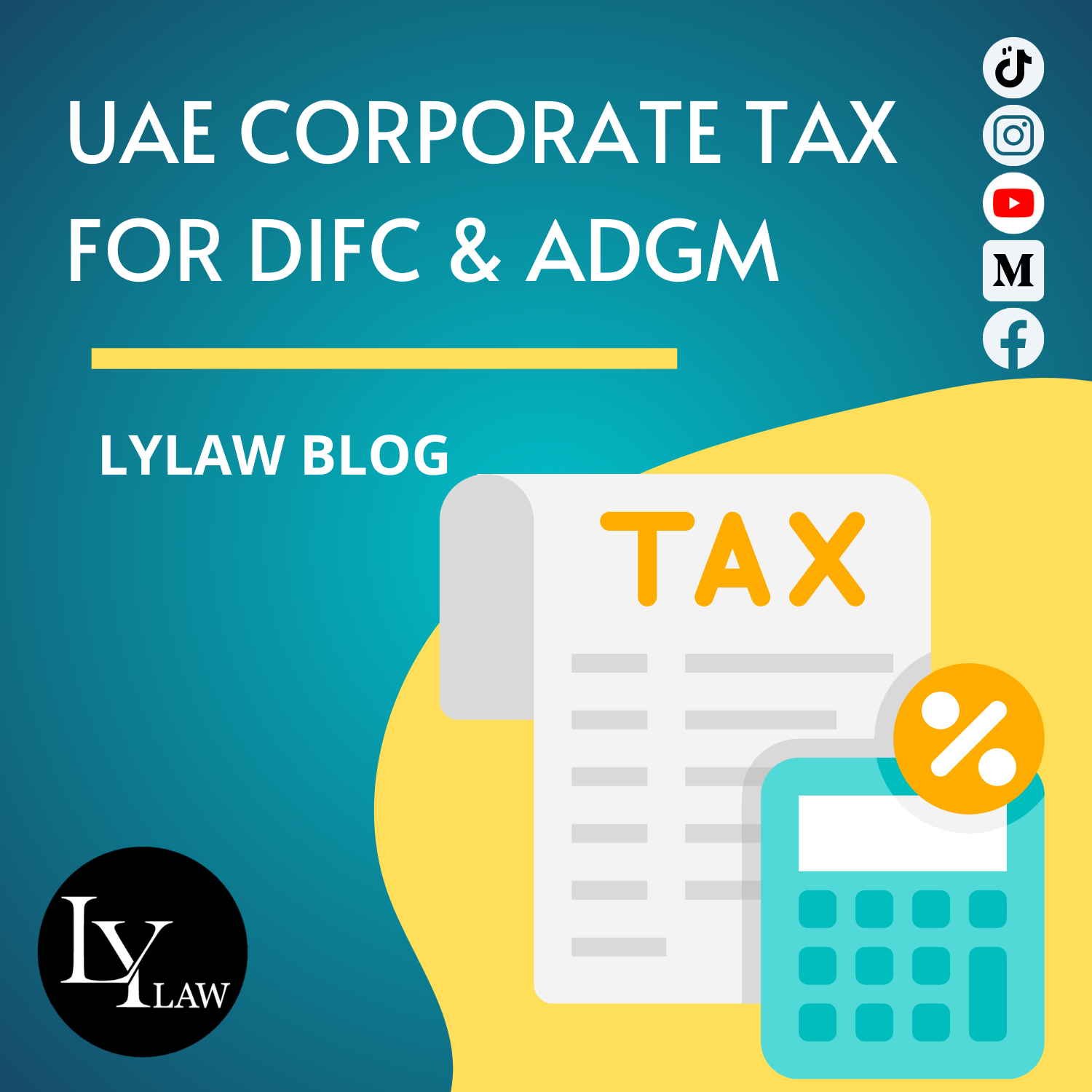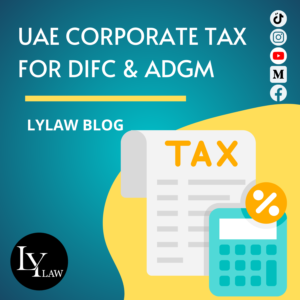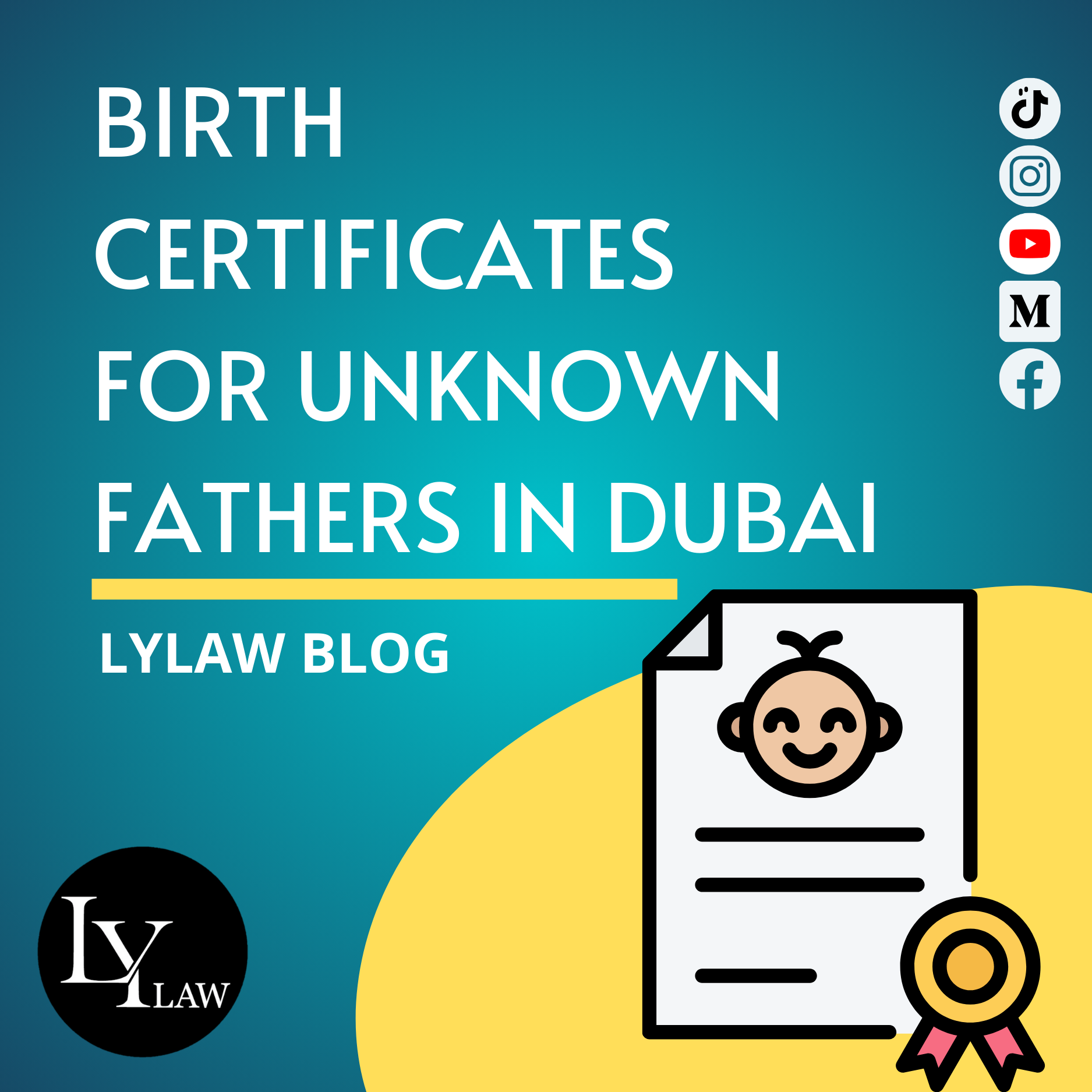Civil Marriage for Muslims in UAE

Muslims in the UAE, who wish to have a civil marriage, can now do so in the Abu Dhabi Civil Family Court. Which is part of the Abu Dhabi Judicial Department or ADJD.
This service is available to all Muslims, who are not A.E. citizens.
Notably, unlike in marriages under the Sharia Law, civil marriages under ADJD do not require: 1) the guardian’s approval or 2) medical tests. The application process is the same as it is for all other couples who wish to have a civil marriage under the ADJD.
In short, the civil marriage service is 1) available through the ADJD website, 2) by logging in through the UAE Pass and 3) then, filling out the Civil Marriage Application, 4) with a copy of passport or Emirates ID. After the marriage ceremony, it is highly recommended to attest the civil marriage certificate by the UAE Ministry of Foreign Affairs (MOFA).
Civil marriage under ADJD are governed by Law No. 14 of 2021 Concerning Civil Marriages and its Effects in the Emirates of Abu Dhabi.



